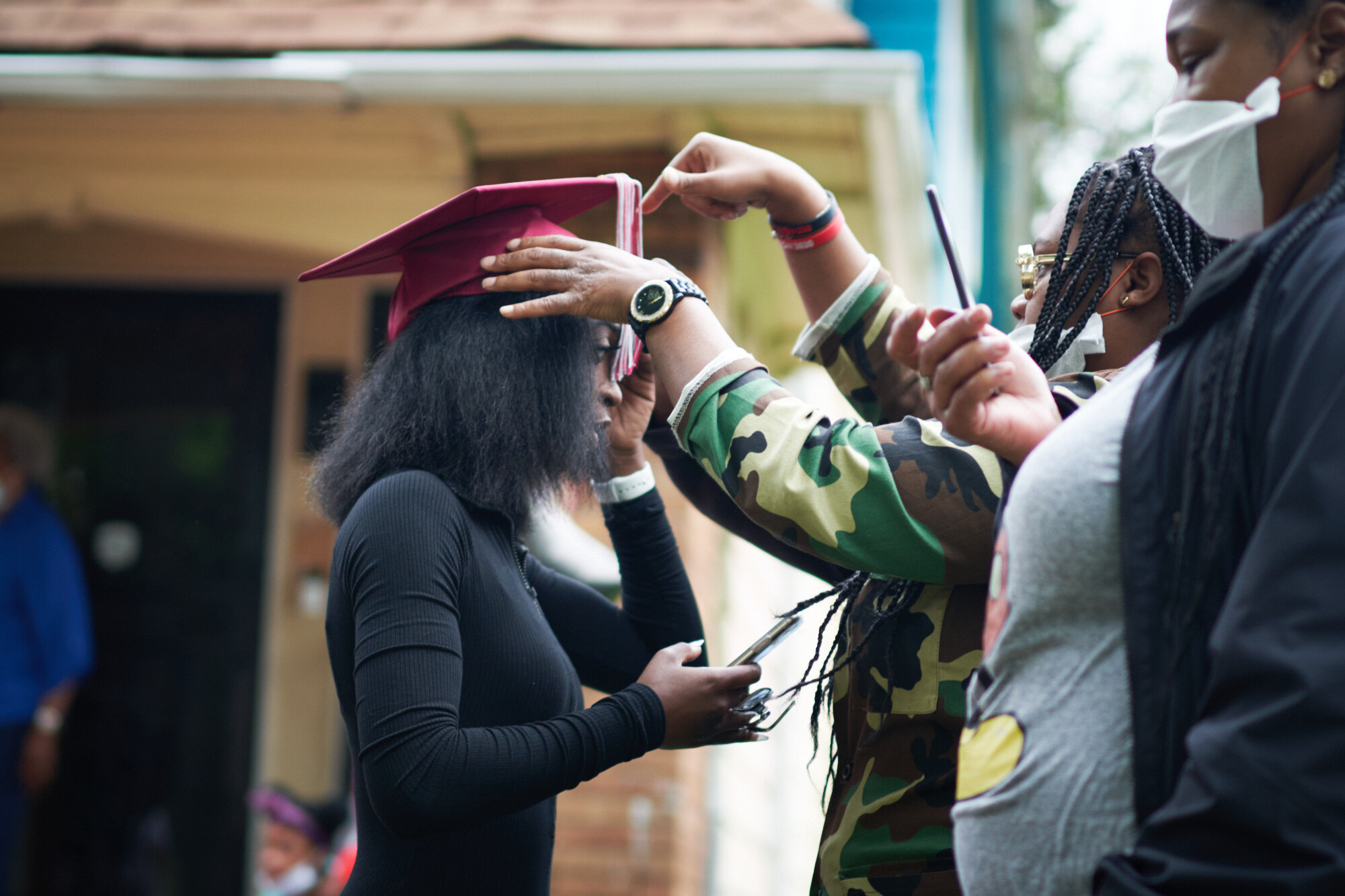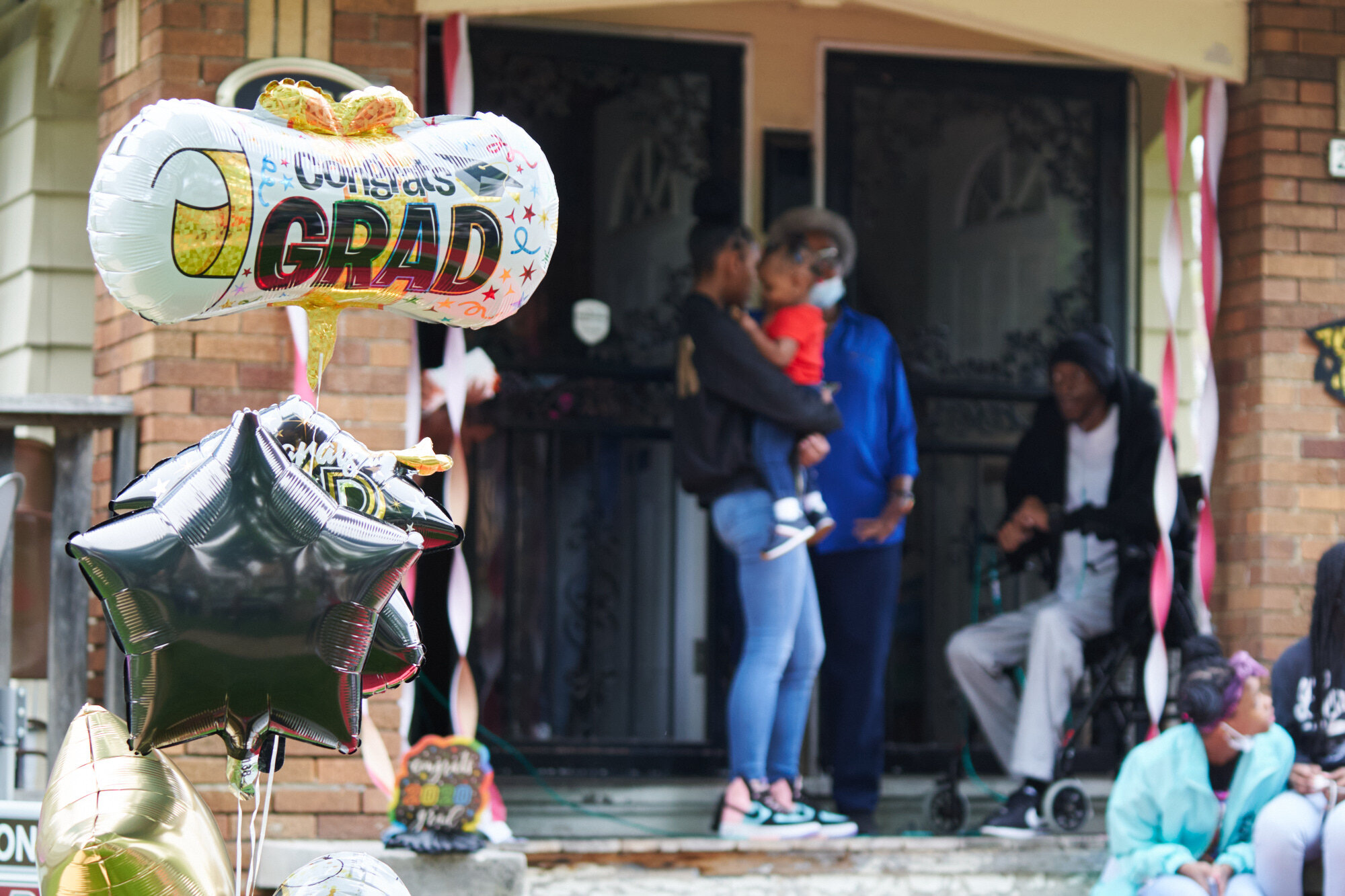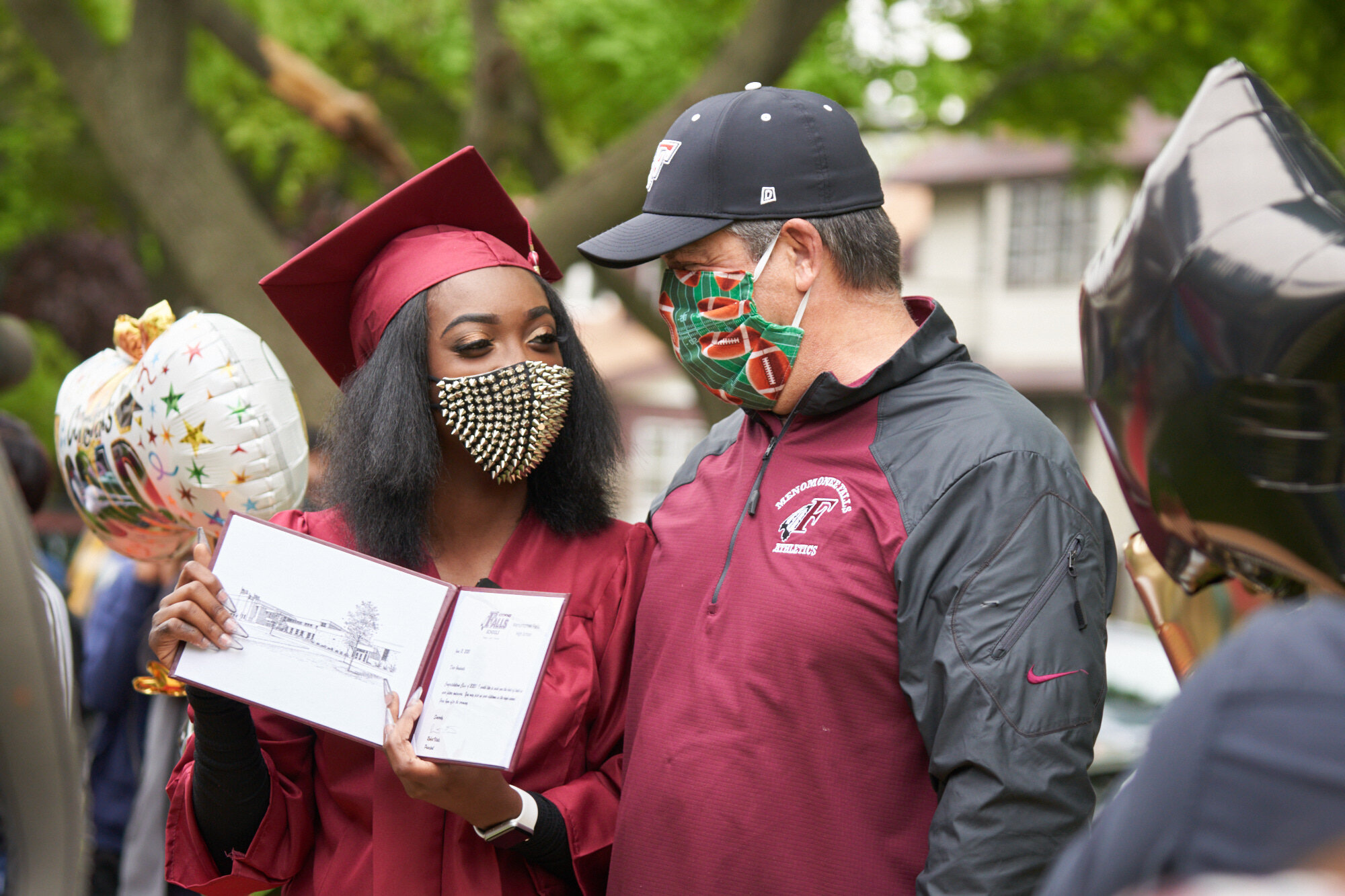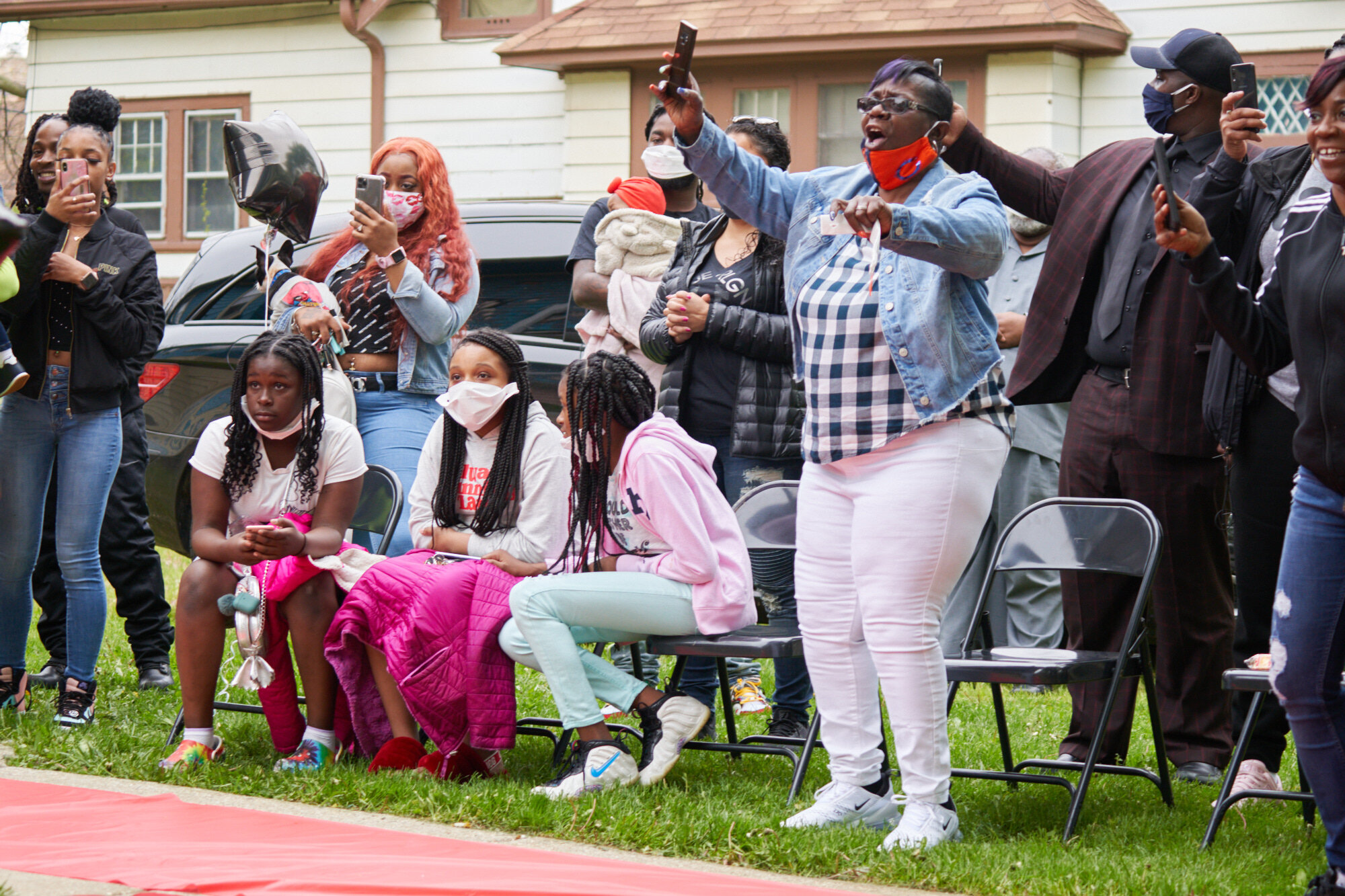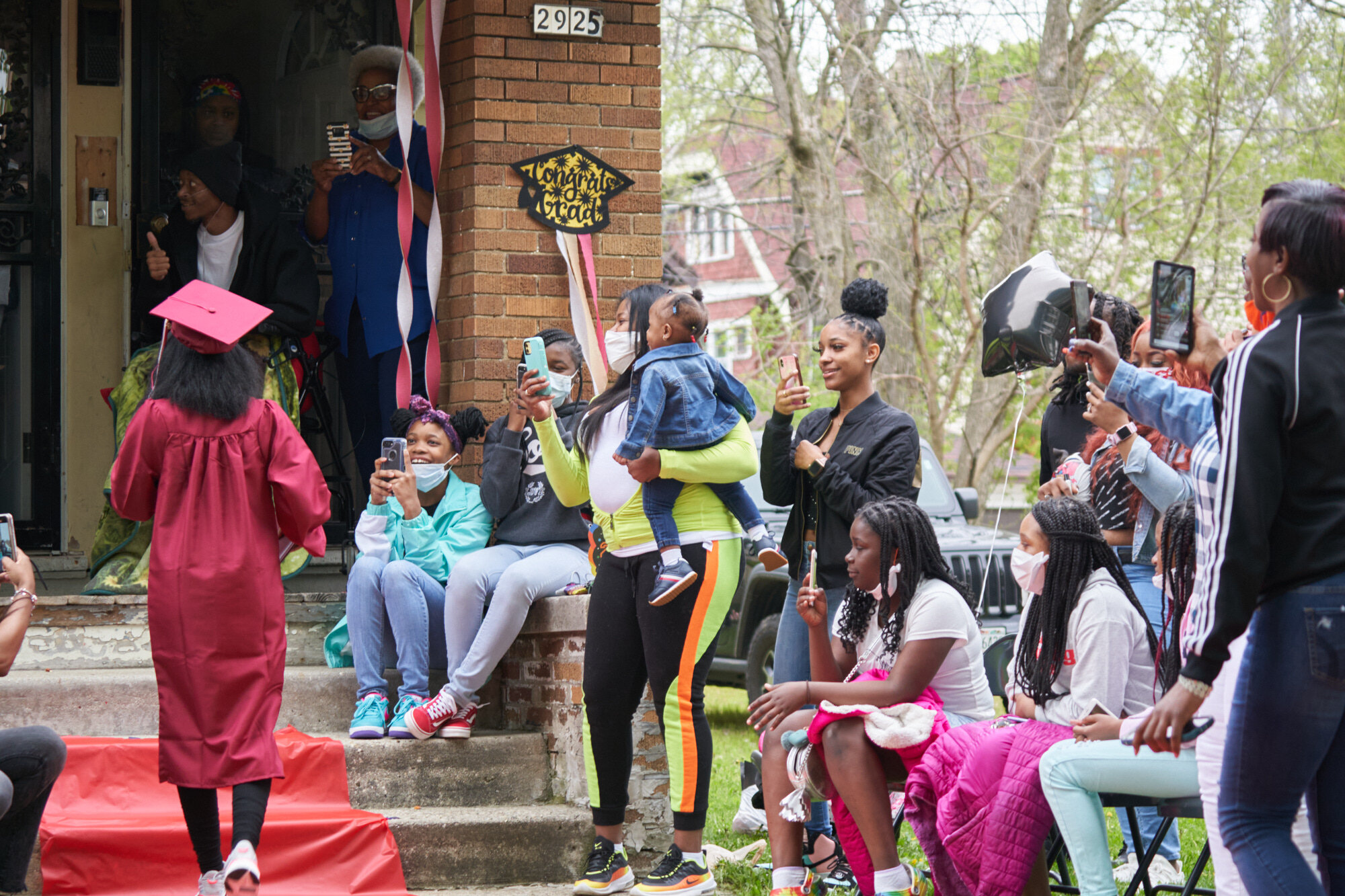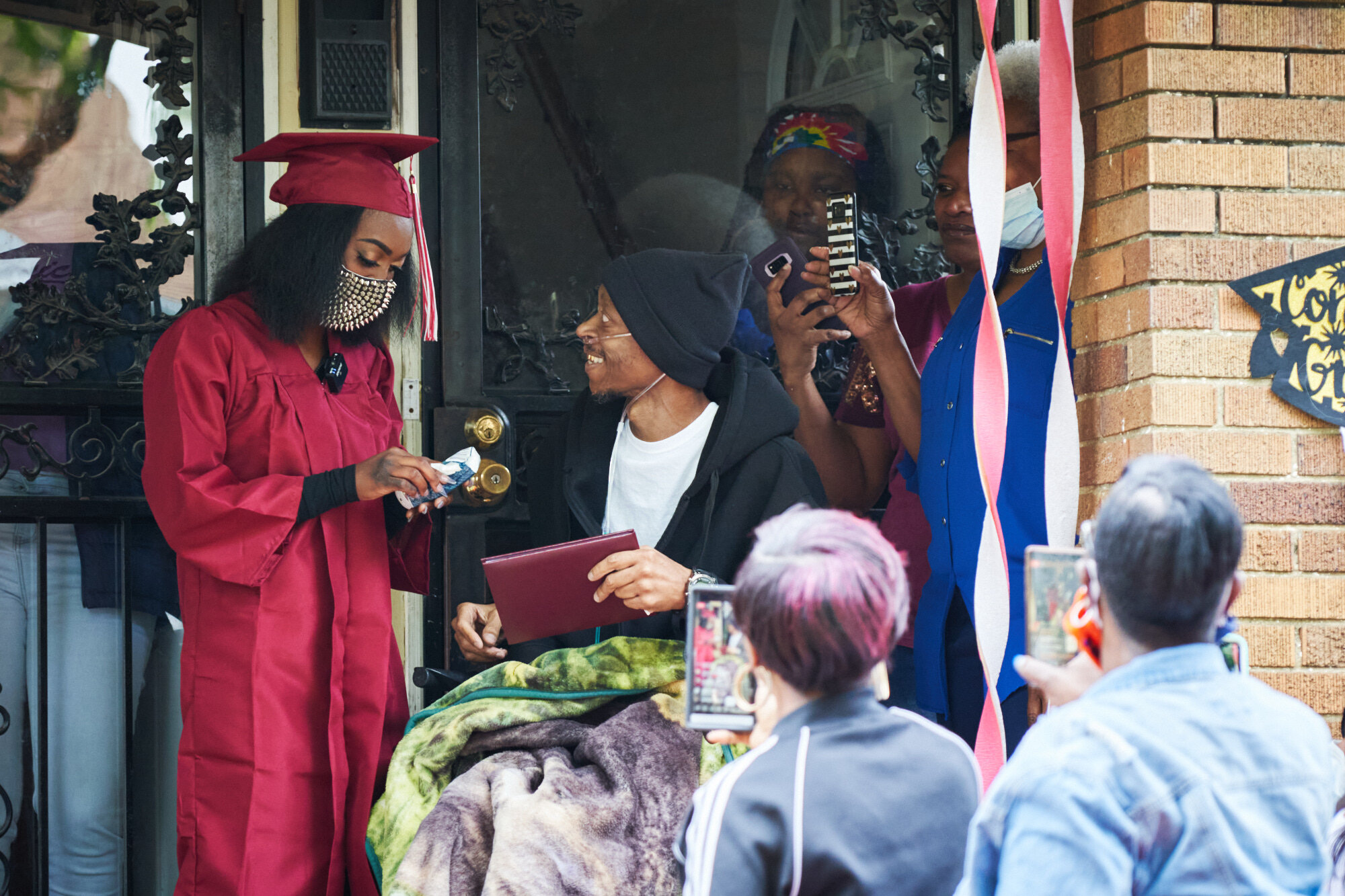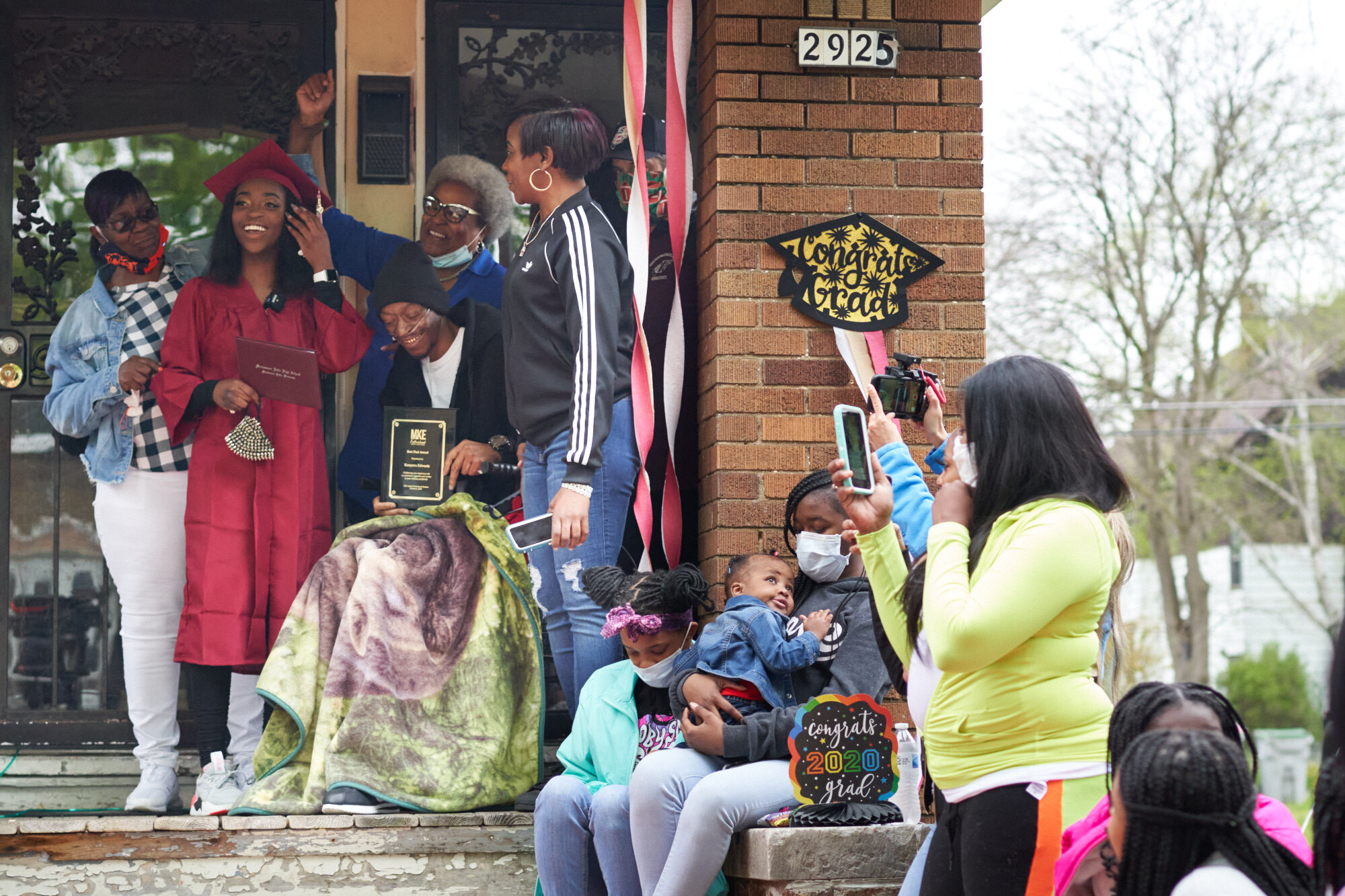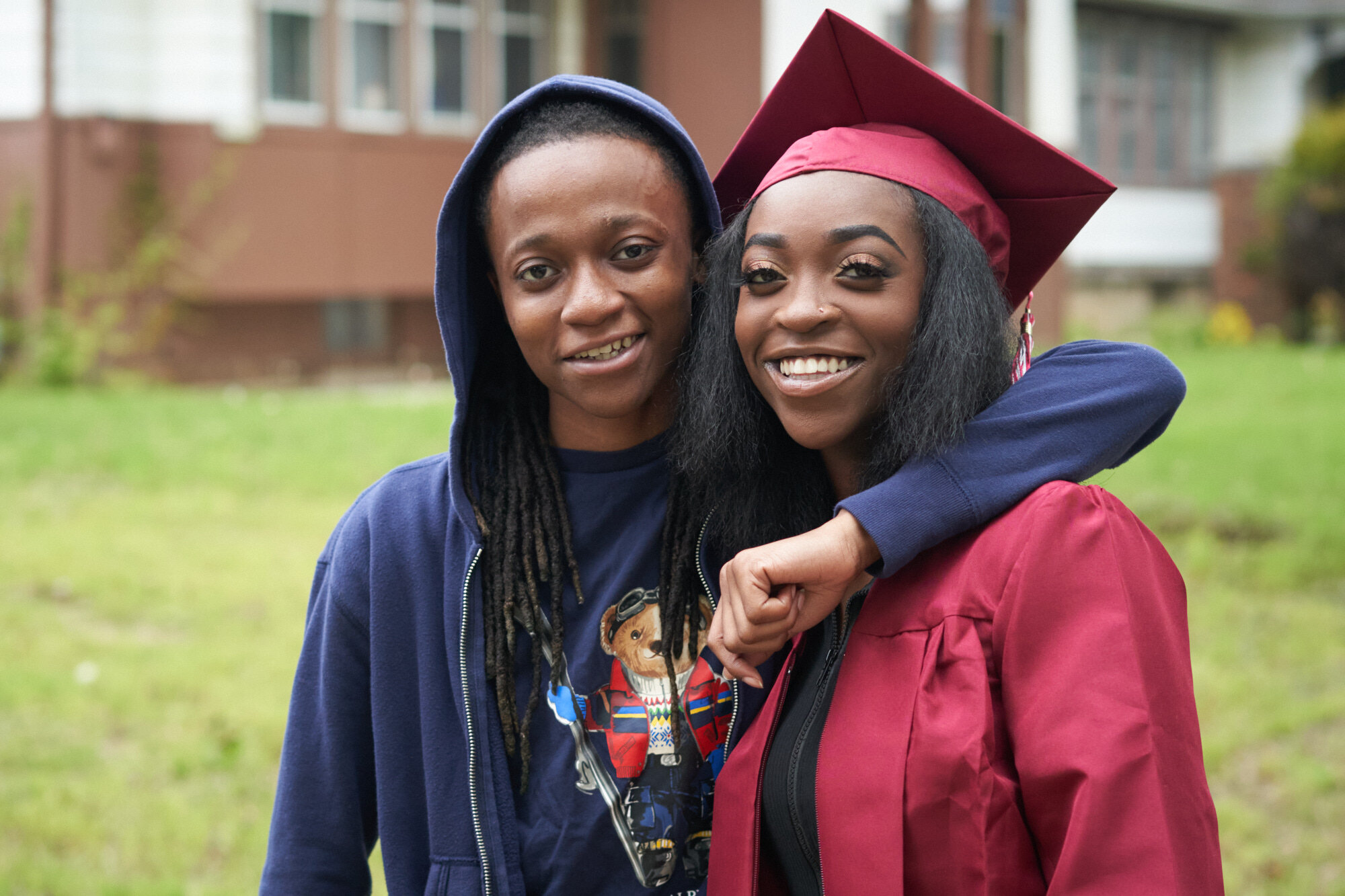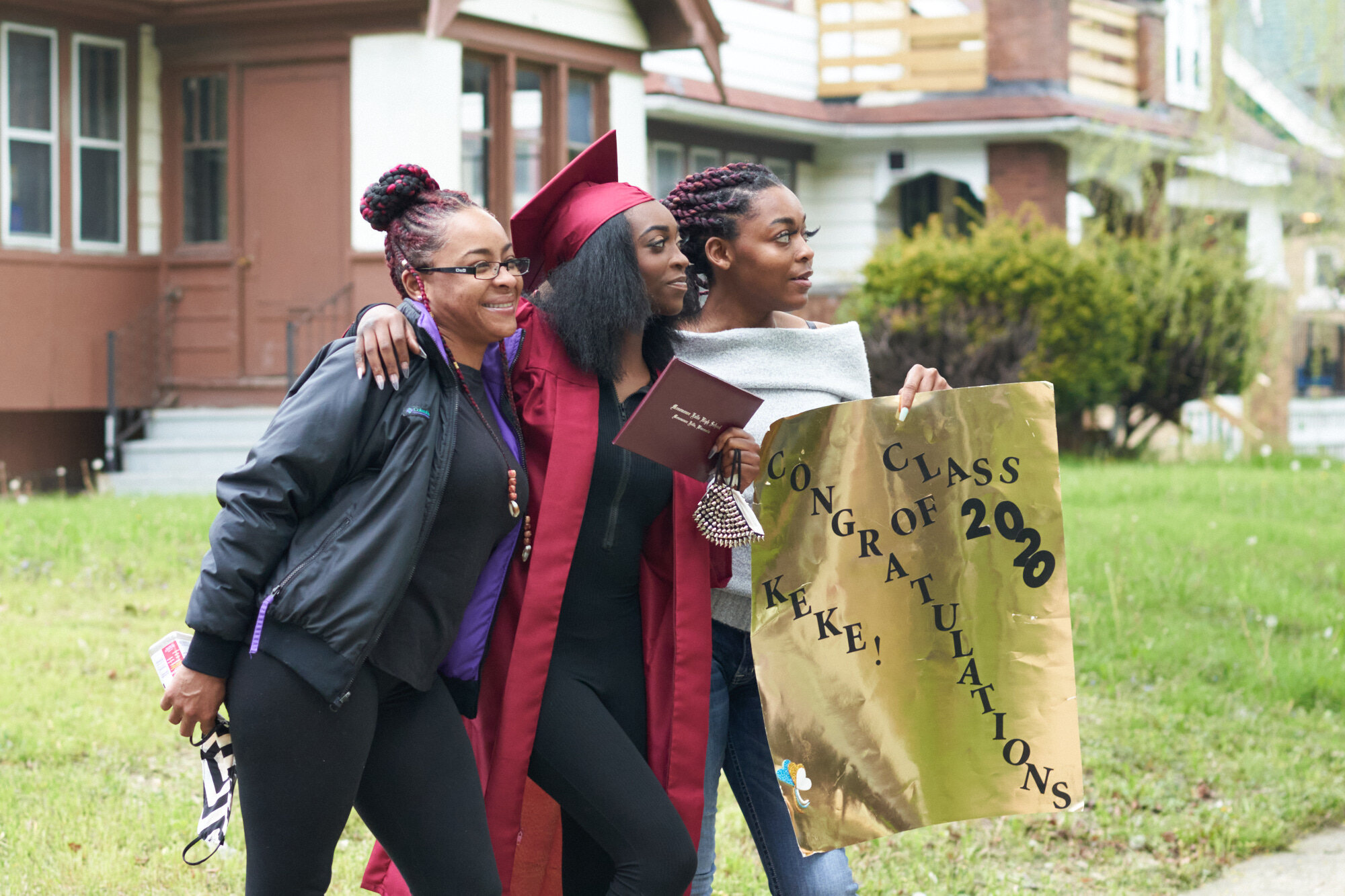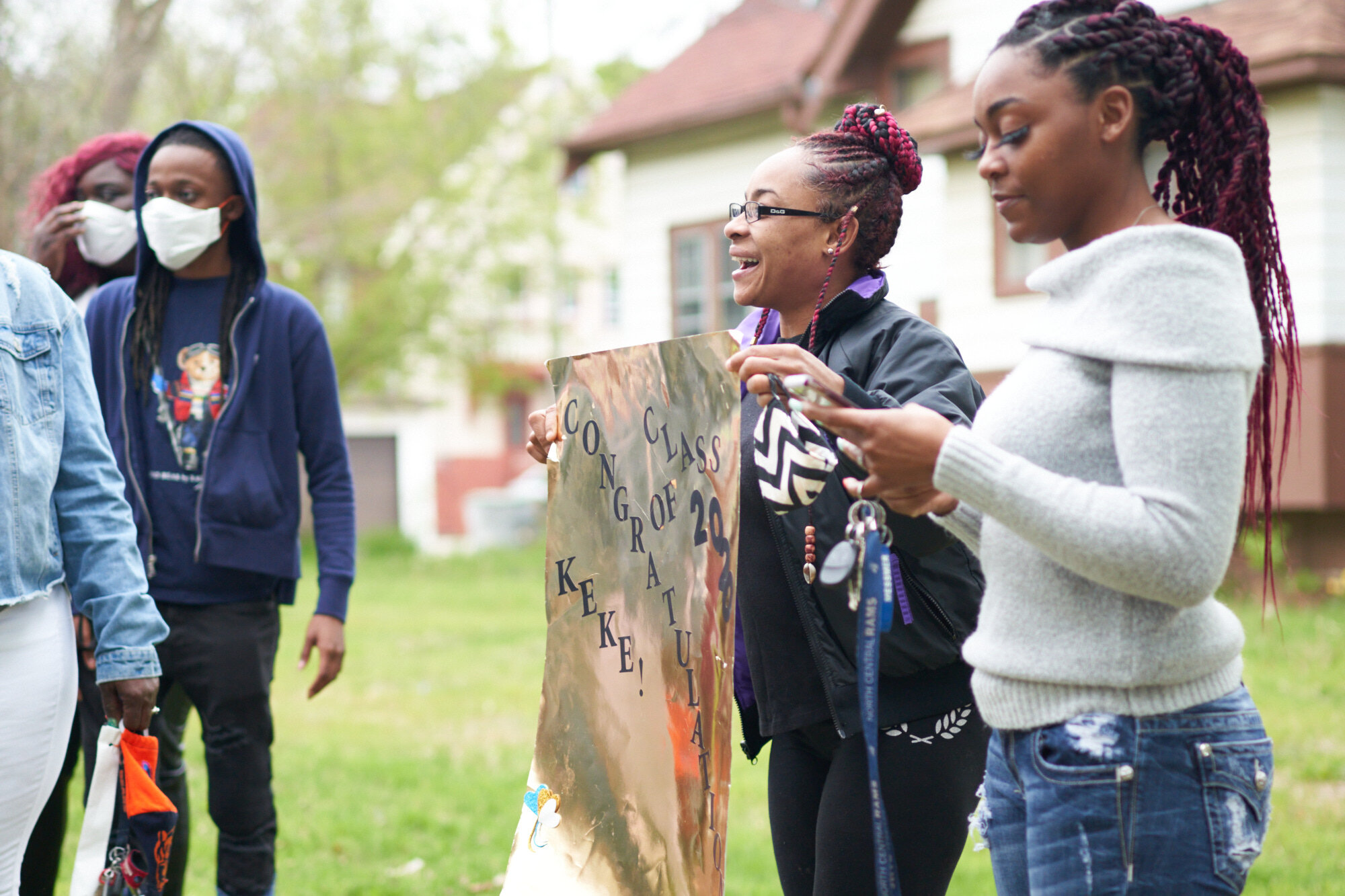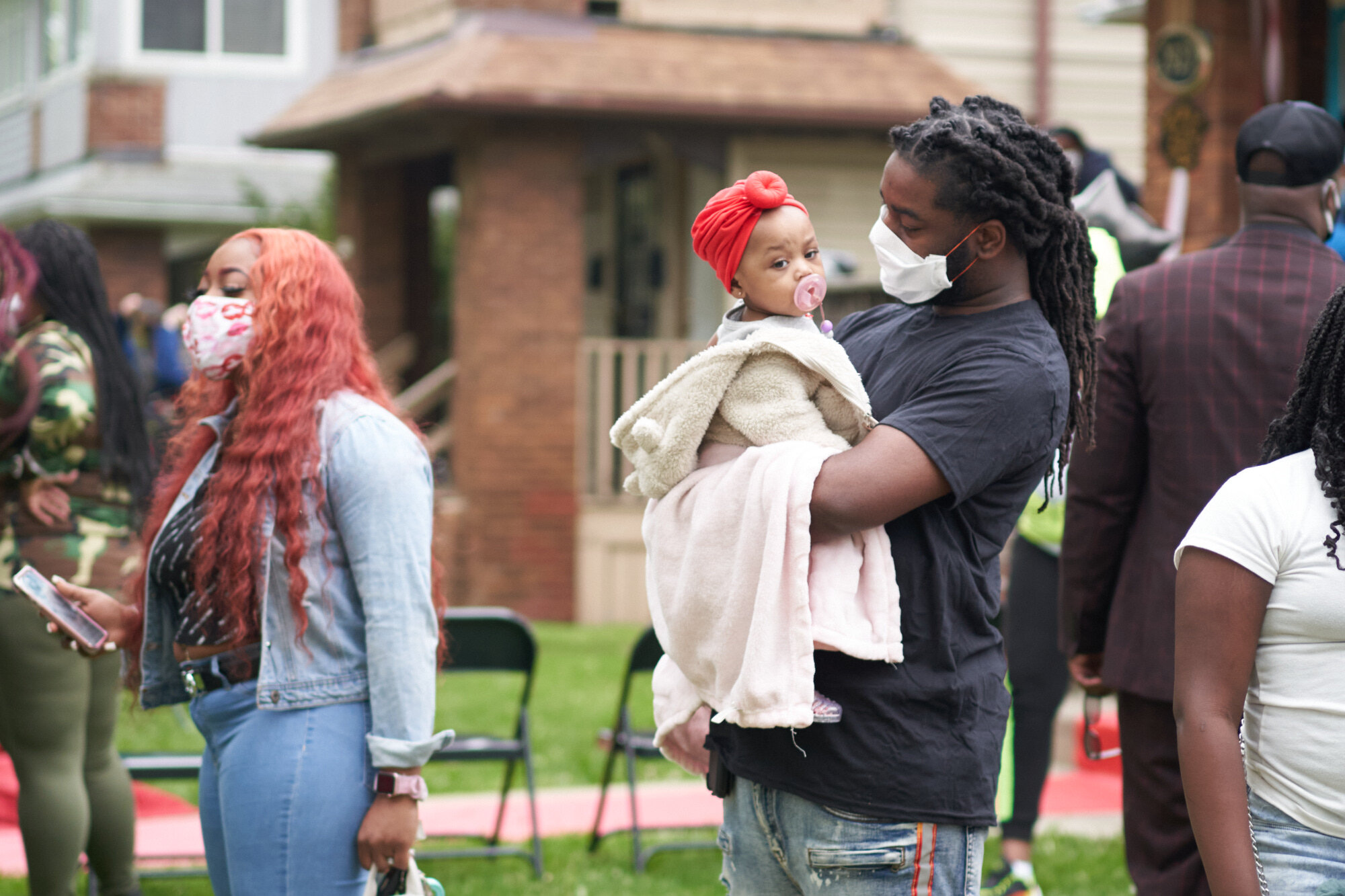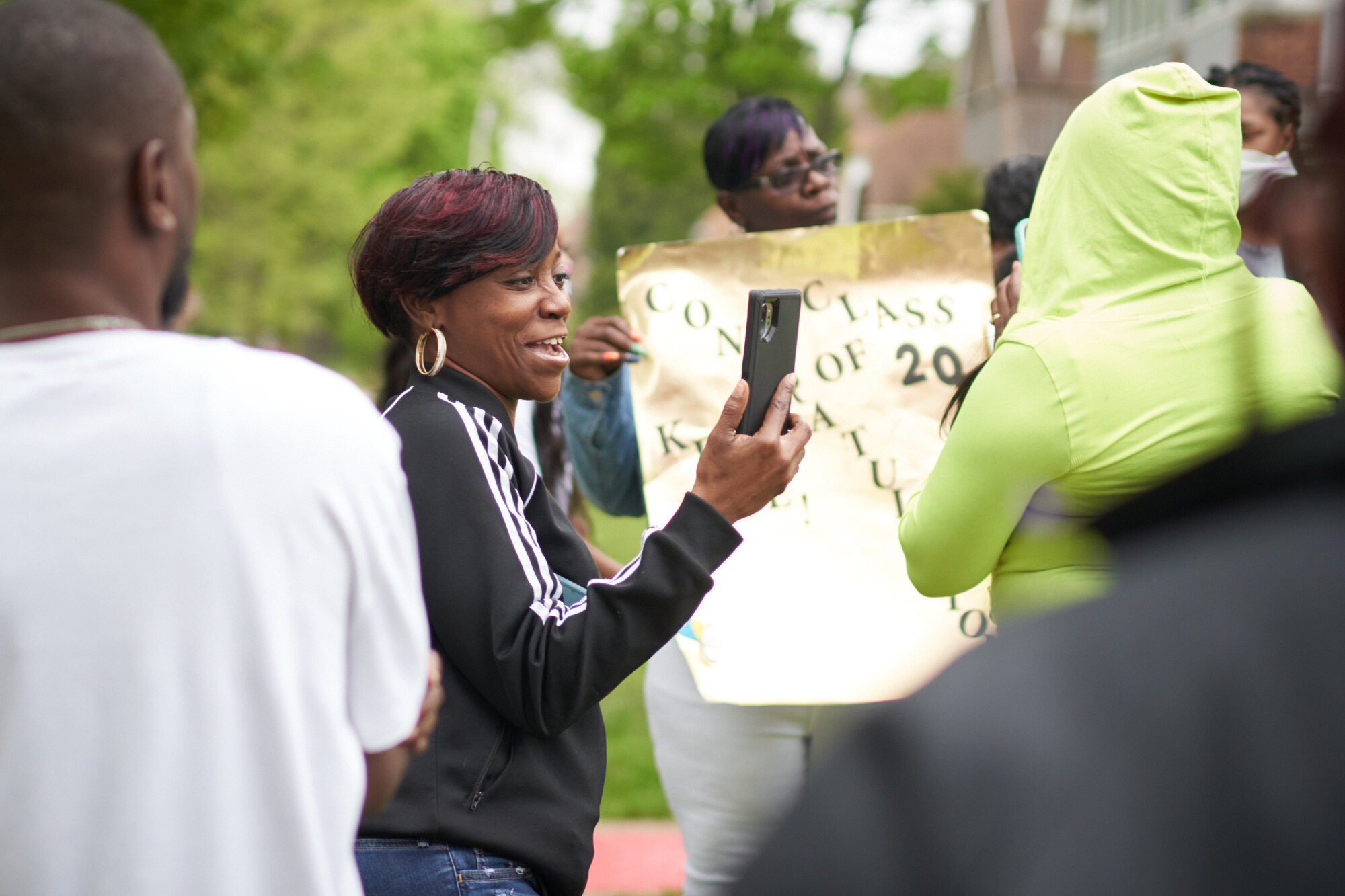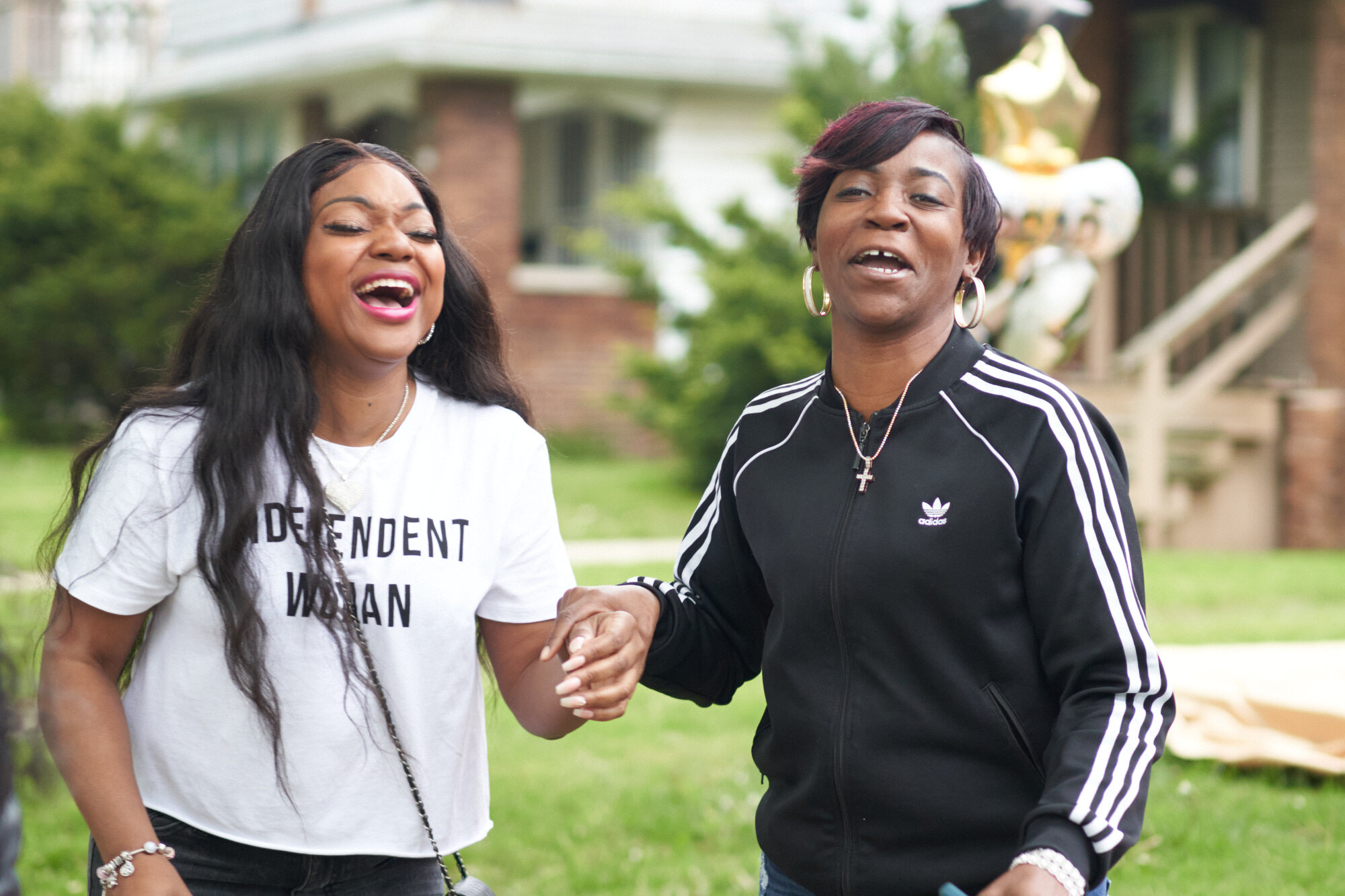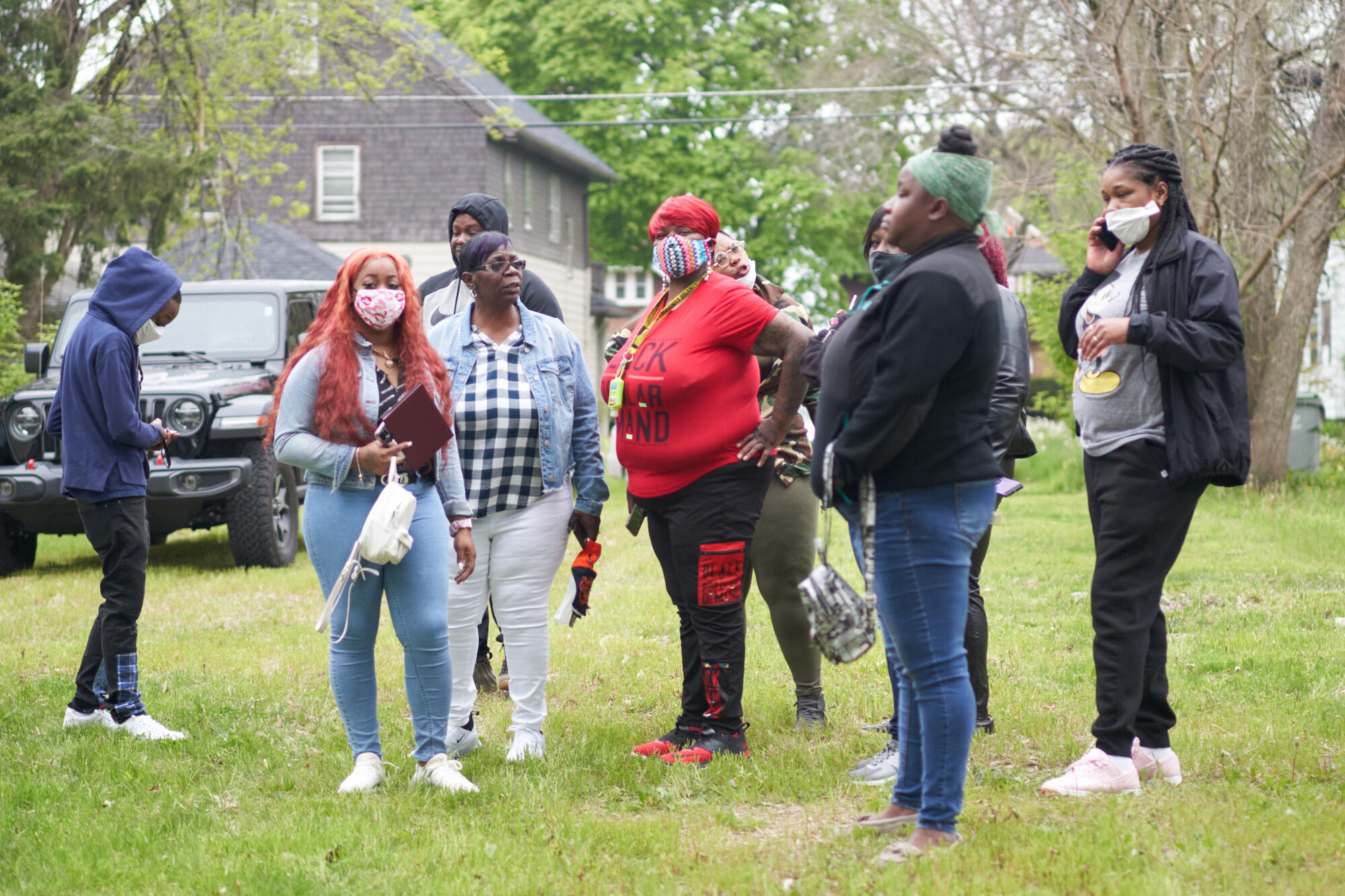Dr. Syed Ahmed is a long-time physician and academic who has dedicated his career to treating patients through community engagement. He takes time to get to know his patients and determines his diagnosis once he understands their daily concerns as well as their symptoms. Based on years of research at the Medical College of Wisconsin (MCW), he finds it is crucial to learn about his patients’ background and life situation in order to effectively improve their health.
Community engagement is a concept that is becoming more widely used in medical institutions around the country. The idea is that institutions can better improve the health outcomes of people by actively partnering with the communities they are working with. Academics and doctors tend to be removed from the populations they are treating. “What we do in the hospital system is very important and valuable, but it impacts only 20% of the outcome. Eighty percent of the outcome is connected to where the people are coming from,” says Dr. Ahmed.


